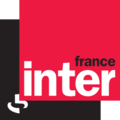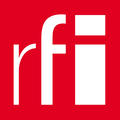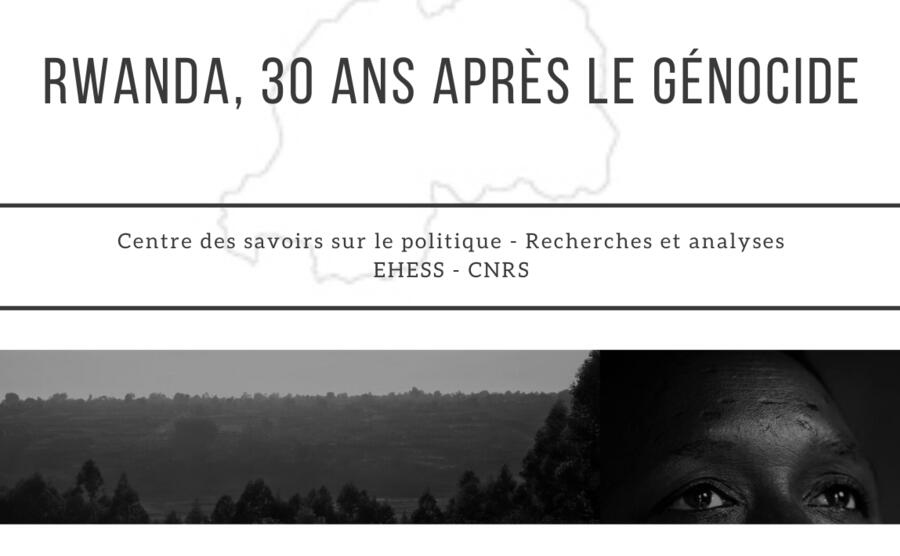
Centre des Savoirs sur le Politique - Recherches et Analyses
UMR 8036 du CNRS et de l'EHESS, le CESPRA réunit des chercheurs – sociologues, historiens, philosophes, politistes – concourant à une étude interdisciplinaire du politique. Il est le fruit de la fusion opérée en 2010 entre le Centre de Recherches Politiques Raymond Aron (CRPRA, EHESS-CNRS UMR 8036) et le Centre de Sociologie du Travail et des Arts (CESTA, EHESS-CNRS UMR 8082). Rattachés à plusieurs aires culturelles (Europe, Amérique latine, Amérique du Nord, Moyen-Orient, Afrique), les travaux des membres de l’Unité prennent le politique comme fil conducteur de leurs recherches pour étudier les régimes politiques contemporains et leurs justifications, appréhender les univers de violence et décrire les formes de l’engagement politique.

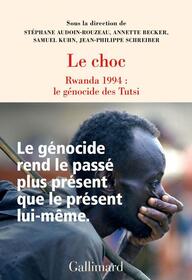
Le choc. Rwanda 1994 : le génocide des Tutsi
Gallimard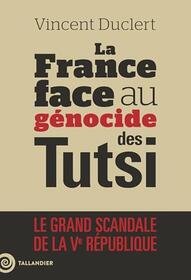
La France face au génocide des Tutsi
Le grand scandale de la Ve République
Tallandier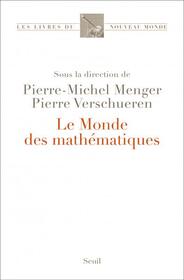
Le Monde des mathématiques
Pierre-Michel Menger Pierre Verschueren
Seuil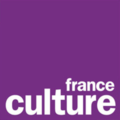
Une île sous embargo, Cuba pendant la guerre froide, avec Gilles Bataillon
Il y a 1 année 2 mois